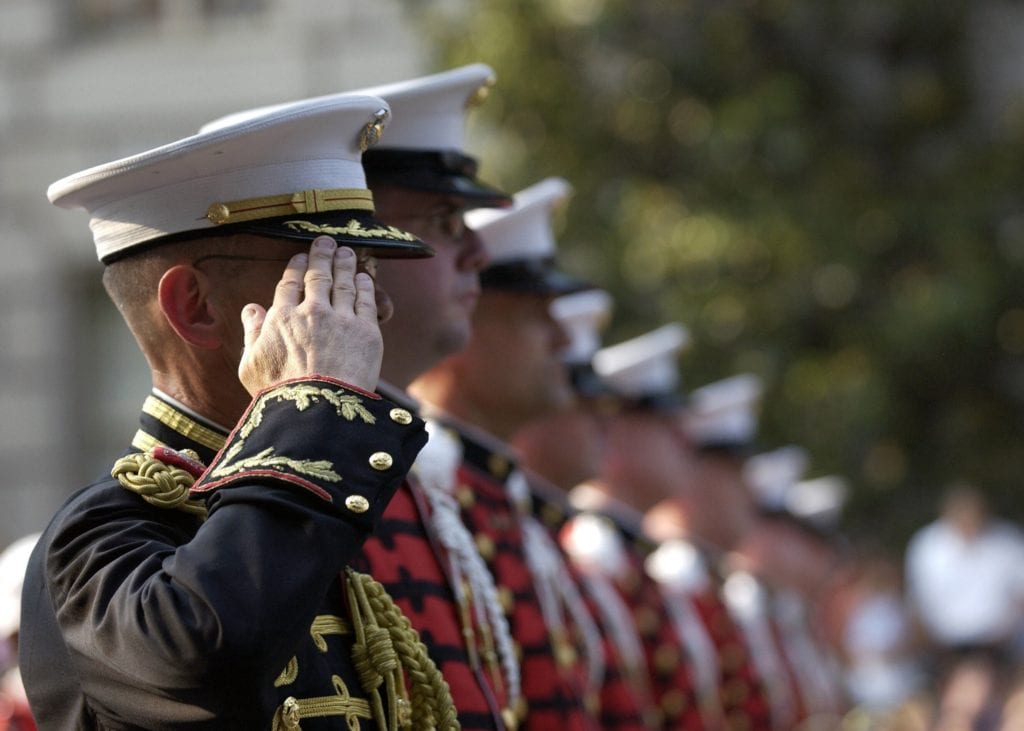How SpeakWrite Preserved A War Veteran’s Life Story

About 10 years ago I showed up at a close relative’s funeral (names redacted for privacy). This was a close relative and we came in about 2 days before the funeral to be with his family and other cousins.
As people get older things change and I went with, actually one of his grandsons, to the Episcopal Church they attended to just generally help with whatever arrangements needed to be made for the funeral. I was not part of the planning committee nor was I involved (I thought) in any type of arrangement of the funeral.
The Anglican priest that they had known for many, many years had retired the year before and moved away and a younger priest was in charge of the congregation who knew of him and his wife and their position in the community but did not know him personally.
Other family members arrived and the funeral director arrived and I was looking over the order of worship and noticed that everything followed the Book of Order and everything was in place but I asked about “Where’s the eulogy?”
The Priest said he didn’t really know him and the family that well and that no one in the family had come forward to give a eulogy and his widow didn’t feel comfortable in standing up in front of 200 people and giving a eulogy and his brothers were deceased.
That was like “you have to give this man a eulogy”.
He’s a veteran. He fought in World War II. He was a Marine. I traveled with him on overseas trips and domestic trips, and he was a colorful character that oversaw the small business administration in his federal region for more than a decade. I said well, I don’t know, but you can’t bury this marine without a eulogy.
So, knowing that I could get SpeakWrite to produce information virtually day or night and have it for the next afternoon’s service, I got on the phone and called some of his living close friends and got stories from them. I got stories from his children. Every time I got off the phone I would dictate the story (some of which were hilarious) to SpeakWrite knowing that they would be back shortly. I interviewed grandsons and family members that night and each time dictated and uploaded the information on my phone to SpeakWrite.
I’m a lawyer, not a minister, but a eulogy is just that derived from the Roman era. It is a celebration of that individual’s life for all of those who come to the funeral and all of those who read the obituary – since many times information from the eulogy is incorporated into the final obituary.
I took the outline that I had from prior speaking engagements and began to sew the information that I got back in six or seven or eight (I don’t remember) stories that I dictated to SpeakWrite that came back and began to sew those together and show a picture of this remarkable man from his early childhood when he traveled with his father around the south and southwest building federal bridges in the Depression, through his trip into the Marines and service in the war, and on and on.
In fact, as dictation is apt to do, we ended up with so many touching and funny stories that we divided them up between two speakers and put them on at various points in the service.
If I had been left to my own devices to type this out and try to put it together overnight, I would not have done so. It was simply too difficult. It was too difficult to interview the people, take notes and then have to craft that information into a usable document that could be distributed to other people in the service.
But with all of seven or eight pods of information that came back from SpeakWrite within 3 or 4 hours (and some of them were hilarious), we ended up with a really good and memorable eulogy to the 200 or 300 people that showed up for his funeral.
Had SpeakWrite not been there, then this Marine, including his published eulogy, could have gone down as simply nothing more than a standard episcopal service with virtually no embellishment.
So, that is one of the continuing strengths that I draw from SpeakWrite.




